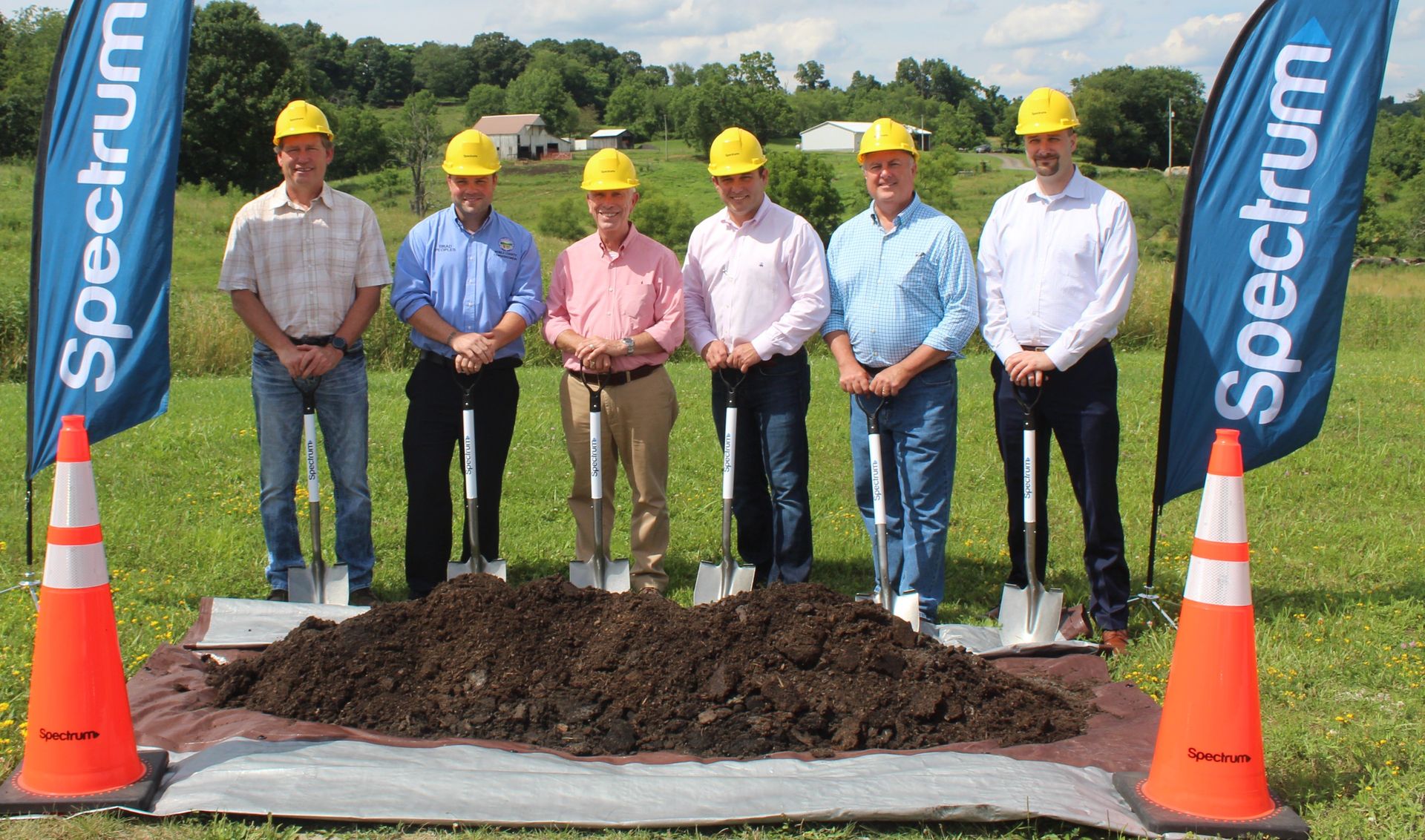Network Investment and Access
Investing in the Future of Appalachian Ohio
August 25, 2022
Share Article:
Ohio Governor Mike DeWine remarked recently that, “The story of Ohio began with the pioneers in Appalachia, and it is now time to turn the page to a new and exciting chapter in this region’s future.” An important step toward that new Appalachian future is Charter’s investment to deliver gigabit symmetrical speed broadband to more than 2,300 currently-unserved homes and small businesses in Noble County, which today is one of Ohio’s least connected areas. To celebrate this connectivity expansion, we hosted a groundbreaking event alongside U.S. Congressman Bill Johnson (OH-6) and local leaders, including Noble County Commissioners Brad Peoples and Gary Saling.
“Having access to high-speed, reliable internet service is crucial in today’s interconnected digital world. What Charter is doing here in Appalachia and across the state has many benefits, including helping to drive economic development in rural parts of Ohio. Today, reliable internet connectivity isn’t a luxury, it’s a must.”
Over the past four years, Charter has expanded its network to reach an additional four million new homes and small businesses, roughly one million of those in rural areas, and we’re proud that Spectrum Internet® earned the highest rating in the U.S. News & World Report Best Internet Service Providers for Rural Areas survey.
But we know it takes a village to deliver internet service and utility poles are a critical piece of infrastructure, especially in rural areas where it can take up to 10 or 20 poles to connect just one location. The Washington Electric Cooperative (WEC) recently received a $1.5 million grant from the Appalachian Regional Commission that will help them get the utility poles on their 215-mile electric network ready for broadband, which will mean Charter can extend its network and get more families connected faster.
High-speed internet access opens doors to greater opportunity, and Charter is delivering connectivity to the communities who need it most – and connecting the rest of the country with the ingenuity of rural areas.
